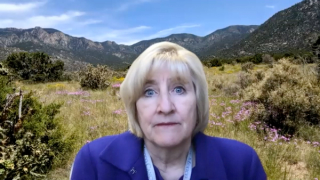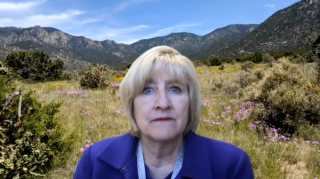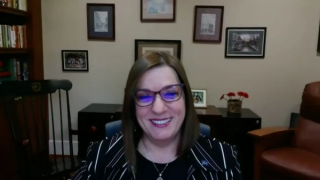
Reimbursement
Latest News
Latest Videos

CME Content
More News

Physicians and health care groups have lined up to support the Value in Health Care Act, which could create new incentives to adopt value-based care.

The playbook from the 3 organizations highlights 5 best practices for data sharing from organizations with real-world experience in value-based care arrangements.

The proposed fee schedule for 2024 would reduce payments by 3.4%. Most responses were swift and negative.
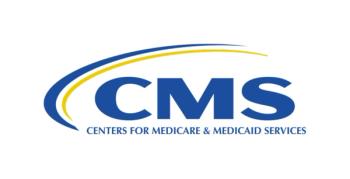
The Enhancing Oncology Model (EOM) attracted more than 2800 practitioners across 561 sites of care; a group of practices in the American Oncology Network enrolled under a single tax ID number.

After the Supreme Court ruled reimbursement cuts to 340B hospitals were done unlawfully, CMS is proposing to repay hospitals and providers in the program with a lump sum that has repercussions for other hospitals because of the agency’s need to be budget neutral.

While the final number of EOM practices will be fewer than the numbers in the OCM, the presence of Tennessee Oncology, Texas Oncology, and Northwest Medical Specialties will ensure participation of key leaders who succeeded in the OCM and have weighed in on what's needed in its replacement.

Speakers elaborated on health care delivery and regulatory policy posters presented at the 2023 American Society of Clinical Oncology (ASCO) Annual Meeting. This article will appear in the ASCO recap edition of Evidence-Based Oncology.

Ahead of tonight's deadline for practices to decide whether to join the Enhancing Oncology Model, CMS published a list of participants that is already outdated. A possible flaw in the model's breast cancer methodology has some practices weighing their options.

Officials note it could slow acquisition of physicians’ offices, but hospitals bristle at prospect.
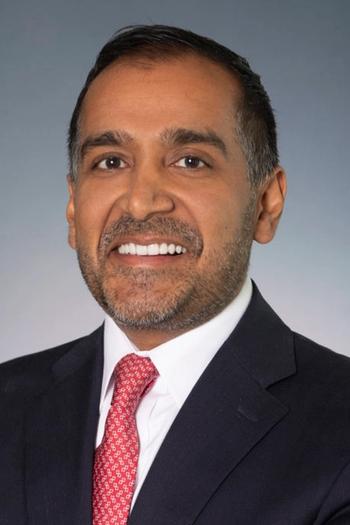
The health plans, which have announced their intent to join forces, retired $345,000 in debt in the areas they serve.

The Enhancing Oncology Model, announced in July 2022 during the final days of its predecessor, the Oncology Care Model (OCM), has a similar framework as the early alternative payment model for oncology in Medicare, but there are key differences in reimbursement and especially in practices’ requirements to take on risk.

With Medicare-aged Americans accounting for over 15% of the population and significant health care costs, stakeholders have leveraged various approaches, including the Medicare Current Beneficiary Survey, for estimating costs.

Deemed the “Medicare” effect, patients aged 65 years who have Medicare coverage had an increased incidence of head and neck squamous cell carcinoma (HNSCC) but were less likely to receive a late-stage diagnosis and had lower mortality rates.

Nicholas Bagley, JD, professor at Michigan Law at the University of Michigan, speaks about the benefits of ongoing communication about the effects of the Braidwood ruling and what will be done to keep preventive care accessible.

Of the studies, 47% did not directly ask patients about financial difficulties associated with their cancer.

Coverage from the Greater Philadelphia Business Coalition on Health (GPBCH) daylong Oncology Management Summit, held April 4, 2023.

Coverage from the Greater Philadelphia Business Coalition on Health (GPBCH) daylong Oncology Management Summit, held April 4, 2023.

Nicholas Bagley, JD, professor at Michigan Law at the University of Michigan, discusses how Congress can help address the consequences of Braidwood v Becerra.

The researchers of a new study highlighted the unique financial burden facing these patients, eligible for hematopoietic stem cell transplantation (HSCT), who often require lengthy hospitalizations and have associated risks of acute and chronic morbidity.
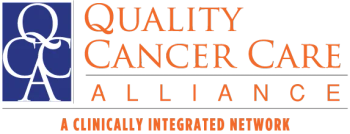
A panel of top practice administrators, moderated by Danielle Geiger, APRN-NP, of Nebraska Cancer Specialists, explored ways for practices to improve the bottom line at the Quality Cancer Care Alliance (QCCA) spring conference, held April 19-21, 2023.

Nicholas Bagley, JD, says immediate effects of the ruling have been modest so far.

Although commercial accountable care organization populations are healthy on average, some individuals might benefit from programs for high-risk patients to mitigate high levels of health care utilization.

The best leaders are those who foster open communication, says Lee A. Norman, MD, MHS, MBA, who appeared at The American Journal of Managed Care®’s Institute for Value-Based Medicine® event on population health in Kansas City, Missouri.

Cost sharing for several treatments could disappear following the Braidwood v Becerra ruling, according to A. Mark Fendrick, MD, director of the V-BID Center at the University of Michigan and co-editor in chief of The American Journal of Managed Care®.

Keeping up-to-date on information, whether it is about clinical matters or information systems, is critical to a deliberate learning mindset that is beneficial to health care providers, says Lee A. Norman, MD, MHS, MBA, the senior medical director for Optum Care Kansas City.





